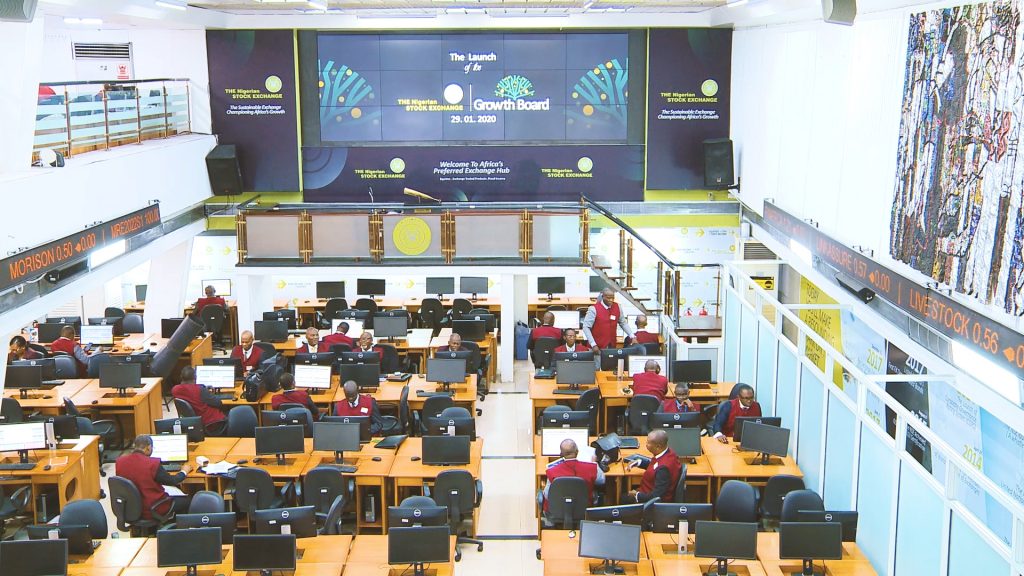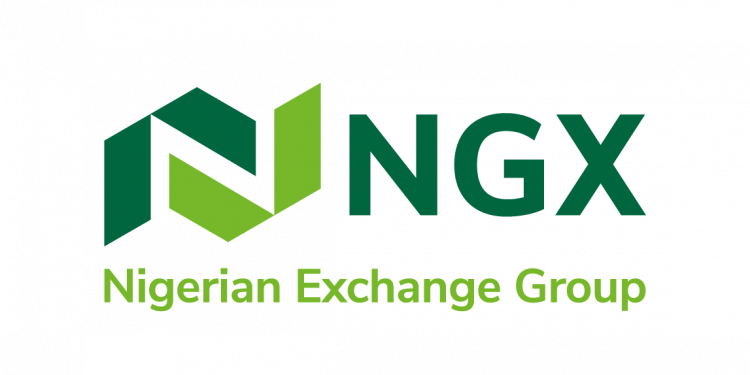In 2023, the Nigerian Exchange (NGX) witnessed a significant uptick in total transactions, settling at NGN3.56 trillion, reflecting a robust 53.9% year-on-year increase from NGN2.32 trillion recorded in the previous year. The Domestic and Foreign Portfolio Report of NGX revealed that total transactions for December reached a six-month high, expanding by 14.4% month-on-month to NGN343.90 billion, compared to NGN300.67 billion in November.

Breaking down the report, the notable improvement was driven by a substantial 29.1% month-on-month increase in domestic transactions, totaling NGN296.03 billion, representing 86.1% of the total transaction value. Institutional investors played a significant role in this surge, contributing to a 49.7% month-on-month increase, although there was a marginal contraction from retail investors, down by 1.2% month-on-month.
On the other hand, foreign transactions faced challenges, witnessing a decline of 32.9% month-on-month to NGN47.9 billion in December, compared to NGN71.40 billion in November. This decline is attributed to the persisting foreign exchange liquidity constraints.
Looking ahead, it is anticipated that domestic investors will continue to dominate the local equities market in the short-to-medium term, even as higher fixed-income yields may pose constraints on buying activities. Foreign investors, adopting a cautious approach in the near term, are expected to show improved participation over the medium term. Factors contributing to this optimism include anticipated FX inflows guided by regulatory measures, recent actions by the Central Bank of Nigeria in clearing FX backlogs, and a clearer direction of interest rates.
In a related development, the Federation Accounts Allocation Committee (FAAC) disbursed NGN1.13 trillion to the three tiers of government in December, reflecting a 3.6% month-on-month increase from NGN1.09 trillion in November. This disbursement, which represents 67.3% of the total revenue generated in November (NGN1.67 trillion), is expected to support government activities. The increased receipts from various revenue sources, including Companies Income Tax (CIT), Excise Duty, Petroleum Profit Tax (PPT), Value Added Tax (VAT), and Electronic Money Transfer Levy (EMTL), contributed to the positive trend. However, collections from Import Duty, Common External Tariff (CET) Levies, and Oil & Gas royalties experienced a decline. Analysts anticipate continued currency depreciation supporting oil revenue in naira terms, though relatively lower crude oil production may limit the overall impact. Non-oil revenue is expected to remain a significant contributor to aggregate revenue, reflecting sustained economic improvement.
This dynamic economic landscape suggests ongoing resilience and evolving trends in Nigeria’s financial markets, emphasizing the importance of monitoring both domestic and foreign investor activities for a comprehensive understanding of market dynamics.















